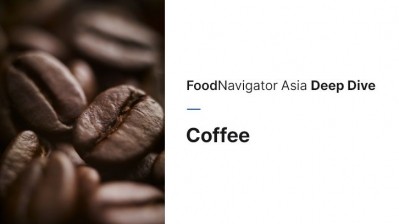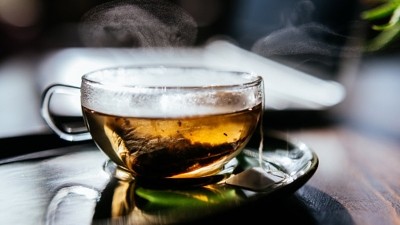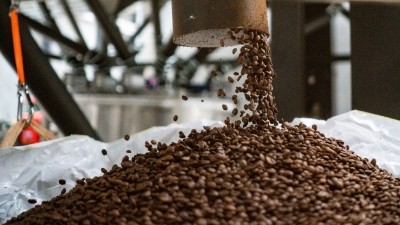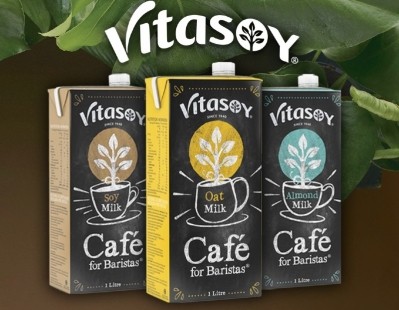Riding the Fourth Wave: NO HARM DONE’s eco-friendly coffee capsules blending tradition with innovation
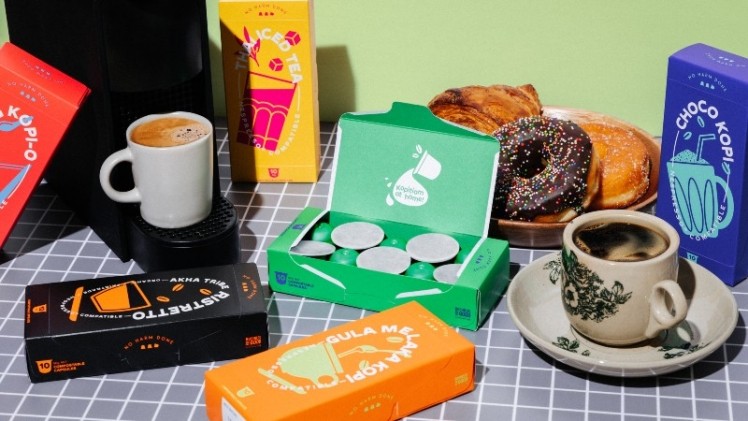
If the Third Wave Coffee of the 2000s was about educating consumers and raising demand for good-quality coffee, the current Fourth Wave is centered on exciting and bolder innovations, says the firm.
“The Third Wave marked an era with heavy focus on quality. It was a time when consumers grew acutely aware of what ‘good coffee’ is and tried to recreate the cafe experience in their own homes. The home barista trend sparked a huge demand for brewing equipment and coffee machines, as people became very serious about their coffee.
“With the Fourth Wave, brands like ours are trying to bring the fun back into the coffee scene. Quality is a given because that is what people expect now, but the key is about experimenting with new flavours and presenting products in a more light-hearted manner. And we see that it is resonating well with the younger generation of coffee consumers,” said Simon Lieberum, Founder and CEO of NO HARM DONE.
After undergoing a brand revamp this year, NO HARM DONE’s ‘Western-style’ coffee capsule flavours were replaced by those inspired by traditional coffee (or kopi) in Singapore. For instance, its recently launched Gula Melaka Kopi and Choco Kopi flavours are spinoffs of classic local beverages.
While product development and production are done in Singapore, the coffee beans are sourced from Indonesia and Northern Thailand.
NO HARM DONE’s Robusta-based capsule coffee comes with darker, denser and nutty notes, which cater more to the Asian palate. Comparatively, Western-style coffee is typically made from Arabica beans, and tastes more acidic and fruitier.
To replicate the kopi flavour, the Robusta beans are roasted with margarine, the quintessential step in producing local coffee.
“Most customers were shocked when they first tasted our coffee because they didn’t expect to get such an authentic kopi flavour from a small capsule,” Lieberum added.
Scaling new heights
Putting the boom of coffee machines to its advantage, NO HARM DONE’s entire product lines are Nespresso-compatible. And instead of the commonly used aluminium, its capsules are made with materials derived from cellulose and vegetal oils, and are fully compostable.
“We are constantly sourcing for the most eco-friendly materials, so consumers have a more sustainable alternative to choose from,” said Lieberum.
The capsules are currently retailing on NO HARM DONE’s website, and e-commerce platforms Shopee and Lazada. In November, the brand made its debut at Cold Storage stores islandwide.
Besides providing more than 50 corporate clients with coffee supply, NO HARM DONE has also launched a customisable subscription model for consumers to enjoy greater flexibility in flavour selection and delivery frequency, as well as up to 30% of cost savings.
To date, the brand has sold more than 100,000 boxes of capsules, with a month-on-month growth rate of 38% in online sales. At the recent Boutique Fairs event in Singapore, some 1,600 boxes were snapped up in three days, with most customers aged between 24 and 44 years.
The brand’s rapidly rising popularity has landed its first foot into the hotel market — it is now the sole supplier of coffee capsules to Andaz Singapore by Hyatt. Plans to venture further into the B2B sector are also on the cards.
Beyond Singapore, NO HARM DONE is slated to enter the Malaysia and Indonesia markets by mid-2023.
“In terms of product development, the focus will still be kopi-inspired coffee and tea capsules. We aim to introduce at least one new flavour by early next year. For consumers who don’t have Nespresso machines, we see something on the horizon, but more work needs to be done before we roll it out,” Lieberum revealed.
